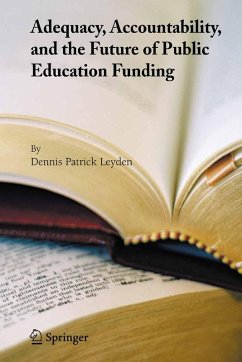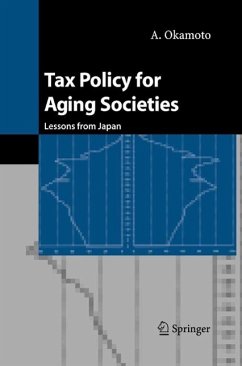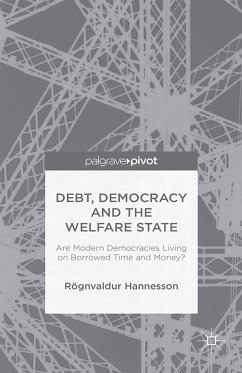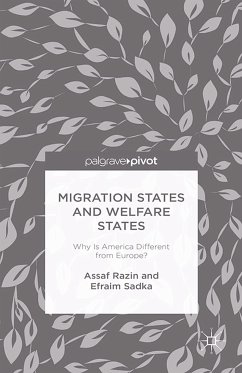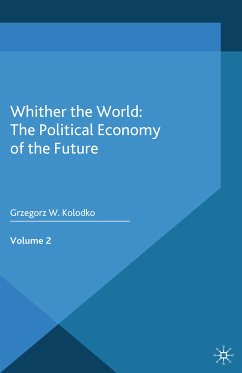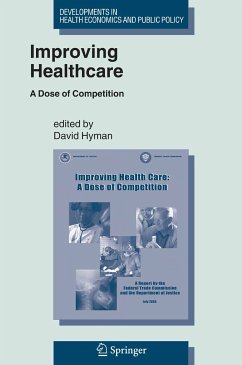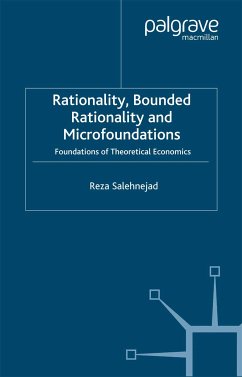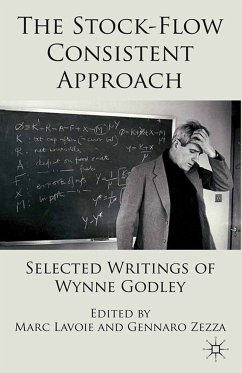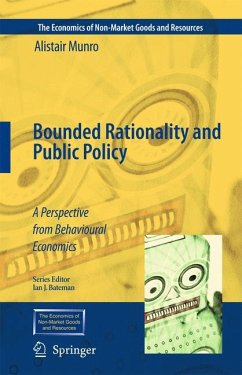
Bounded Rationality and Public Policy (eBook, PDF)
A Perspective from Behavioural Economics
Versandkostenfrei!
Sofort per Download lieferbar
160,95 €
inkl. MwSt.
Weitere Ausgaben:

PAYBACK Punkte
80 °P sammeln!
This book is about bounded rationality and public policy. It is written from the p- spective of someone trained in public economics who has encountered the enormous literature on experiments in decision-making and wonders what implications it has for the normative aspects of public policy. Though there are a few new results or models, to a large degree the book is synthetic in tone, bringing together disparate literatures and seeking some accommodation between them. It has had a long genesis. It began with a draft of a few chapters in 2000, but has expanded in scope and size as the literature ...
This book is about bounded rationality and public policy. It is written from the p- spective of someone trained in public economics who has encountered the enormous literature on experiments in decision-making and wonders what implications it has for the normative aspects of public policy. Though there are a few new results or models, to a large degree the book is synthetic in tone, bringing together disparate literatures and seeking some accommodation between them. It has had a long genesis. It began with a draft of a few chapters in 2000, but has expanded in scope and size as the literature on behavioural economics has grown. At some point I realised that the geometric growth of behavioural - search and the arithmetic growth of my writing were inconsistent with an am- tion to be exhaustive. As such therefore I have concentrated on particular areas of behavioural economics and bounded rationality. The resulting book is laid out as follows: Chapter 1 provides an overview of the rest ofthe book, goes through some basic de?nitions and identi?es themes.
Dieser Download kann aus rechtlichen Gründen nur mit Rechnungsadresse in A, B, BG, CY, CZ, D, DK, EW, E, FIN, F, GR, HR, H, IRL, I, LT, L, LR, M, NL, PL, P, R, S, SLO, SK ausgeliefert werden.




